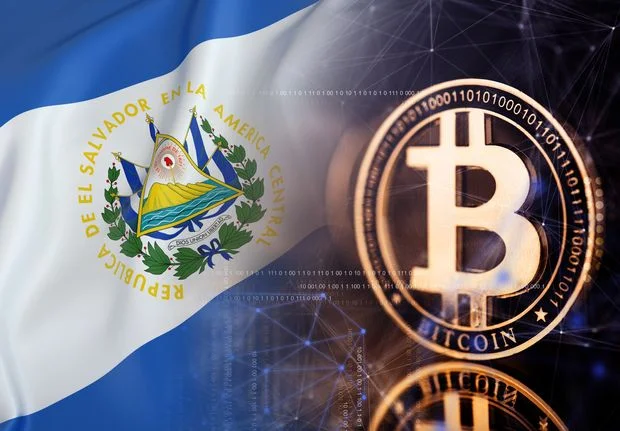The Banco Central de Reserva (BCR), El Salvador’s central bank, has published a draft that involves two documents detailing how banks should deal with transactions involving Bitcoin.

On Aug. 17, two documents were made available for comment, advising banks and financial institutions on how to provide Bitcoin-related services to their consumers.
The first, headed “Guidelines for the Authorization of Operation of the Digital Wallet Platform for Bitcoin and Dollars” (in Spanish), establishes BTC as legal cash under El Salvador’s newly passed Bitcoin Law, which will see the government legally recognize the digital asset on September 7.
The second document, titled “Technical Standards to Facilitate the Application of the Bitcoin Law,” is a more comprehensive version of the first.
According to the criteria, financial institutions must apply to the central bank to offer digital wallets. Applications must include information about the sort of product being offered, as well as information about the target market, risk assessments, costs to customers, customer education provisions, and complaint mechanisms.
All consumers will be forced to undergo Know-Your-Customer (KYC) authentication, while it is unclear whether the national ID card, which is used for basic bank accounts, will be enough for a crypto wallet. Anti-money laundering (AML) measures would be implemented in full, including transaction monitoring and analysis.
The bank is authorized to charge a fee and must provide two-way Bitcoin-to-dollar conversion. According to author David Gerard of Attack of the 50 Foot Blockchain, a translation hosted by him:
“The electronic platform used by the digital wallet administrators must allow the Central Bank access in real-time to all information related to the operations carried out, as well as information requested by clients.”
Instead of a fractional reserve, all Bitcoin owned by banks and enterprises must be completely backed. Dollars will be held at the central bank, while BTC will be held by a custodian, whose services can be outsourced.
Customers must be warned that Bitcoin is volatile, that transactions cannot be reversed, and that if they lose their private keys, they would lose their BTC, according to Article 29 of the second document.
For turning Bitcoin into fiat currency and vice versa, there were no accounting rules or regular government exchange rates.
Due to volatility and risk concerns, American credit rating firm Fitch Ratings indicated on August 16 that the BTC adoption plan will likely be a credit negative for local insurance businesses.
